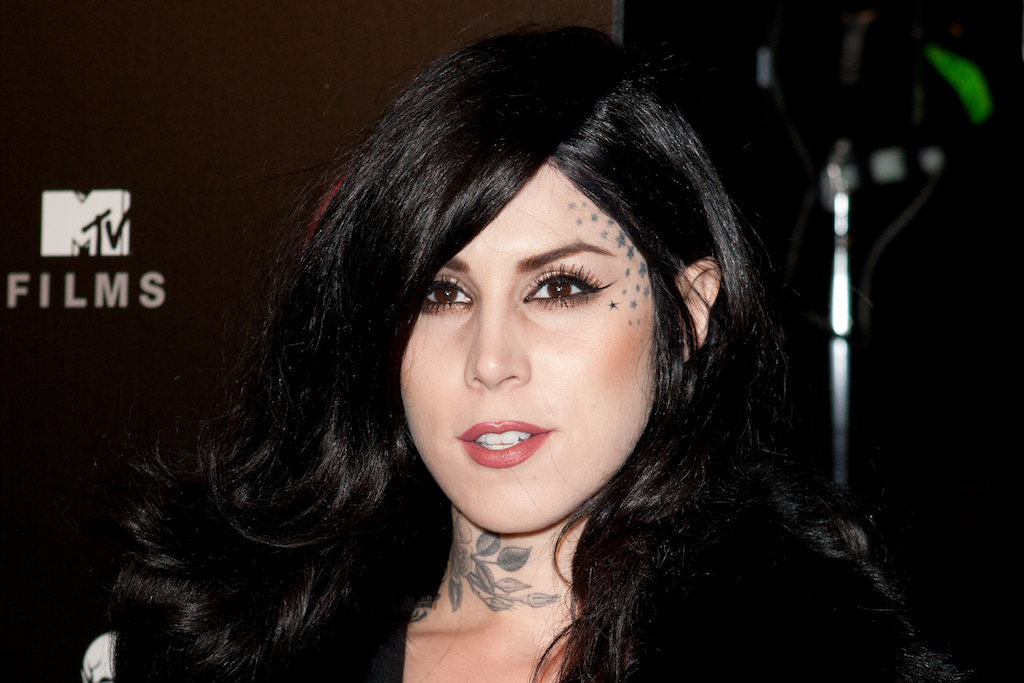
Celebrity tattoo artist Kat Von D recently triumphed in a legal battle against professional photographer Jeff Sedlik, who accused her of copyright infringement. The lawsuit, initiated in February 2021, centered around Von D tattooing a rendition of Sedlik’s renowned Miles Davis portrait on a friend’s arm in 2017 and sharing images on her Instagram account, boasting nearly 10 million followers.
Following a two-year legal ordeal, a jury unanimously ruled in favor of Kat Von D on January 26. Despite the legal victory, Von D expressed mixed sentiments, stating, “I think I don’t want to ever tattoo again,” as reported by the Los Angeles Times. She acknowledged the relief that the legal dispute had concluded but highlighted the emotional toll it took on herself and her fellow tattoo artists.
In the lawsuit, Sedlik accused Von D of “unlawful and unauthorized reproductions” of his work, contending that she used the images to promote her businesses and brand on various social media platforms. Von D’s Instagram post from March 2017, featuring the tattoo and her line drawings of the portrait, played a crucial role in the case. The jury determined that Von D’s artwork fell within the fair use doctrine, allowing unlicensed use of copyrighted materials under specific circumstances.
Von D’s attorney, Allen B. Grodsky, celebrated the verdict, stating, “We are very pleased that the jury saw this as the meritless case that it was.” Grodsky emphasized that the lawsuit should never have been filed and commended Kat Von D for standing up on behalf of tattoo artists and the industry.
However, Sedlik’s attorney, Robert Allen, expressed dissatisfaction with the outcome and revealed plans to appeal the verdict. During closing arguments, Allen highlighted the importance of protecting artists from unauthorized reproductions, asserting, “It’s about copying others’ protected works.” The ruling aligns with a broader legal context, including a recent Supreme Court case regarding the fair use doctrine, illustrating ongoing legal debates surrounding artistic expression and intellectual property rights.


















